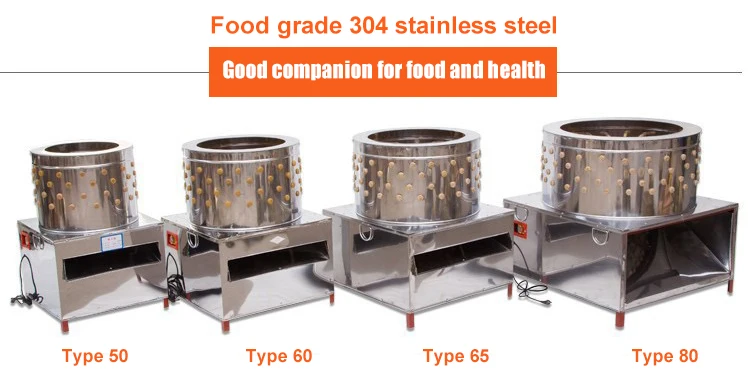mini poultry cage
Oct . 10, 2024 12:13 Back to list
mini poultry cage
The Rise of Mini Poultry Cages Revolutionizing Small-Scale Farming
In recent years, the demand for sustainable and efficient farming solutions has surged, prompting farmers to seek innovative ways to raise poultry. Among these solutions, mini poultry cages have emerged as a popular choice, particularly for small-scale farmers and urban dwellers who aim to engage in backyard poultry farming. These compact, well-designed cages not only optimize space but also enhance the overall health and productivity of the birds.
Benefits of Mini Poultry Cages
One of the primary advantages of mini poultry cages is their space efficiency. Traditional poultry farming often requires extensive land and resources, making it challenging for individuals living in urban settings or with limited space. Mini cages, however, can fit into small backyards or even balconies, allowing people to raise chickens, ducks, or other poultry without needing vast expanses of land. This makes it feasible for city dwellers to access fresh eggs and poultry meat at home.
Moreover, mini cages help improve the management of poultry. With a well-structured design, these cages facilitate better airflow and reduce the risk of diseases, as the confined space allows for easier cleaning and maintenance. The health of the birds is paramount; a clean environment can significantly decrease the chances of infections and diseases, ultimately leading to a healthier flock and improved egg production.
Another critical aspect is the welfare of the animals. Modern mini poultry cages are designed with the comfort of the birds in mind. Many models include features such as nesting boxes, perches, and adequate space for movement, allowing the poultry to express natural behaviors. This focus on animal welfare not only enhances the quality of life for the birds but also results in higher quality eggs and meat, benefiting consumers and producers alike.
Sustainability and Economic Benefits
mini poultry cage

The environmental benefits of using mini poultry cages are also noteworthy. By allowing individuals to raise poultry in their own backyards, these cages contribute to localized food production. This reduction in transportation not only lowers carbon emissions but also fosters a greater connection between consumers and their food sources, thus promoting sustainable eating habits.
Economically, mini poultry cages can be a cost-effective solution for families seeking to supplement their diets. Raising chickens can significantly lower grocery bills, especially for those who regularly purchase eggs or poultry. Furthermore, having a reliable source of fresh, organic eggs at home contributes to healthier eating habits. For many small-scale farmers, mini cages provide an opportunity to enter the poultry market, catering to local demands for fresh produce.
Challenges and Considerations
Despite the numerous advantages, prospective poultry farmers must consider some challenges when using mini poultry cages. Space constraints mean that fewer birds can be housed, which may limit production capacities compared to traditional farming methods. Additionally, the initial investment in high-quality cages and ongoing costs such as feed, bedding, and veterinary care can add up.
It is also essential to stay informed about local regulations regarding poultry farming, as some areas may have restrictions on raising livestock in residential neighborhoods. Moreover, understanding the specific needs of different poultry breeds is crucial for ensuring their health and productivity.
Conclusion
As the world increasingly moves toward decentralized food production and sustainable practices, mini poultry cages stand out as a practical solution for those looking to engage in poultry farming, whether for personal consumption or small-scale business. By combining efficiency, animal welfare, and economic viability, these innovative cages are revolutionizing the way we think about poultry farming. As awareness of their benefits continues to grow, more individuals and communities may embrace this change, fostering a new generation of environmentally conscious and health-oriented farmers. The future of small-scale poultry farming is bright, and mini poultry cages are poised at the forefront of this transformation.
-
Hot Sale 24 & 18 Door Rabbit Cages - Premium Breeding Solutions
NewsJul.25,2025
-
Automatic Feeding Line System Pan Feeder Nipple Drinker - Anping County Yize Metal Products Co., Ltd.
NewsJul.21,2025
-
Automatic Feeding Line System Pan Feeder Nipple Drinker - Anping County Yize Metal Products Co., Ltd.
NewsJul.21,2025
-
Automatic Feeding Line System - Anping Yize | Precision & Nipple
NewsJul.21,2025
-
Automatic Feeding Line System - Anping Yize | Precision & Nipple
NewsJul.21,2025
-
Automatic Feeding Line System-Anping County Yize Metal Products Co., Ltd.|Efficient Feed Distribution&Customized Animal Farming Solutions
NewsJul.21,2025






